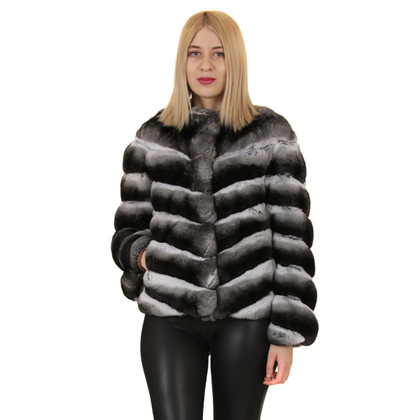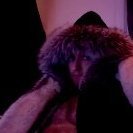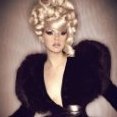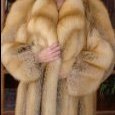Prestigious , luxurious , classy and delicate , a chinchilla fur coat is deemed as a piece of art in the fur making world. Its supple texture ,exotic looks and ultra low weight have no match.However the thin and delicate skin , combined with the premium price per pelt , dictate that only the most skilled and experienced fur masters handle them. A skilled fur maker is capable of handling several fur types such as mink , fox , beaver ,lynx ,coyoteand so on. Yet , the norm in chinchilla fur making is that the fur master is dedicated exclusively to this fine fur type during his whole career .
Everything starts with a bundle of premium chinchilla pelts purchased in a fur auction such as Kopenhagen or NAFA. Each bundle consists of pelts sharing common characteristics like size , color and hair quality. The fur master inspects each skin individually for imperfections and substandard skins are discarded. The pattern of the final product determines the size of chinchilla skins to be used. A diagonal pattern requires longer skins compared to a rectangle pattern. The chinchilla skins are layered on the various pieces of the paper pattern to ensure that their size is capable of meeting the requirements of the design. A seamless ,aesthetically perfect look is the objective.
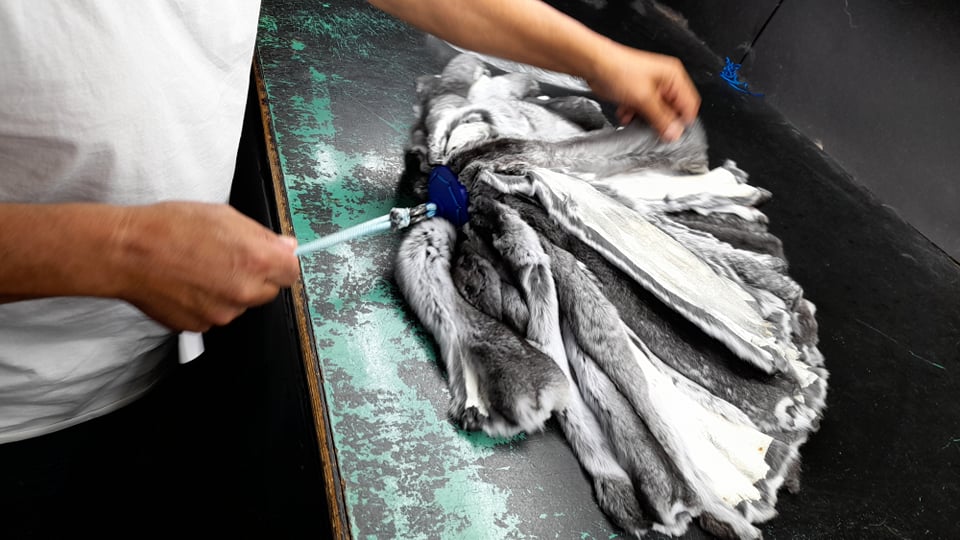

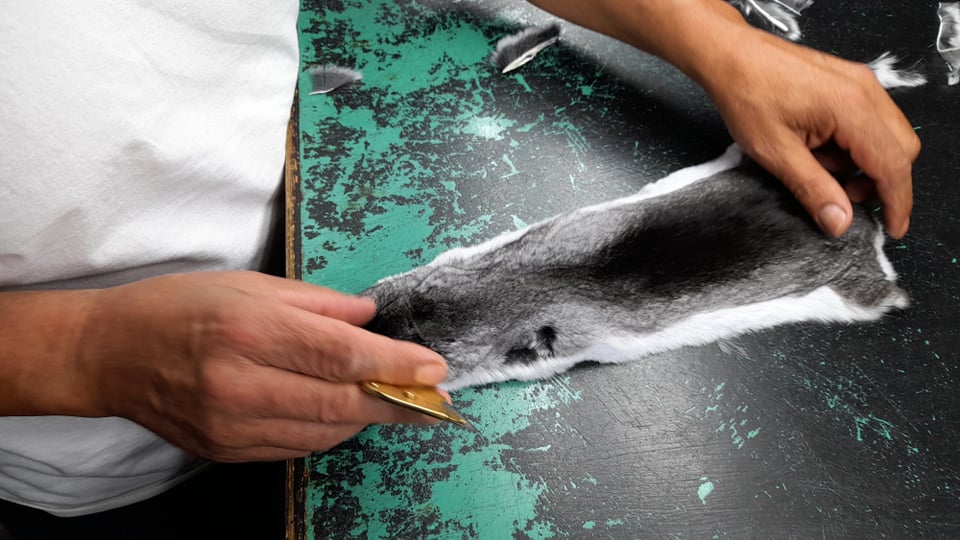
After the sorting phase is finished , it is followed by the excision process of parts such as paws and tails that are not typically used in a finished coat. Those parts are not thrown away though. They are used in accessories such as keychains or sectional fur throws. Nothing is wasted. Most chinchilla fur coats are made with rectangle shaped cuts. Each skin is cut in half , parallel to its long side and the two rectangle pieces are sewn“butock to buttock” . Before starting a second row , a½ inch cotton interface stripe is sewn between them. This technique creates a “hill and valley” three dimensional look which experience, designers and consumers find more desirable.


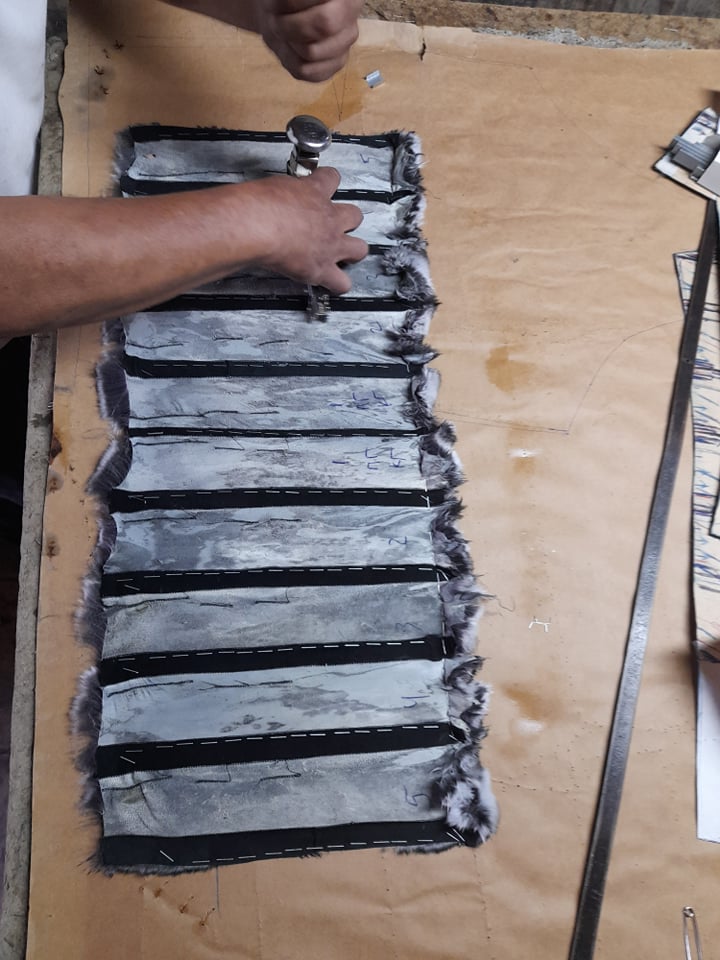

The chinchilla fur rows are sewn so that they adequately cover each part of the paper pattern . Then they are sprayed with water which makes them more elastic and pliable , so that they can be stapled on paper or wooden boards. This is called “blocking” and aims to achieve plastic paramorphosis which is a fancy way to say that the shape and size remains stable after the processing is done. The wooden boards with the blocked chinchilla rows are exposed to the sun and are left to dry. The staples are removed and the rows are ready for the next step.
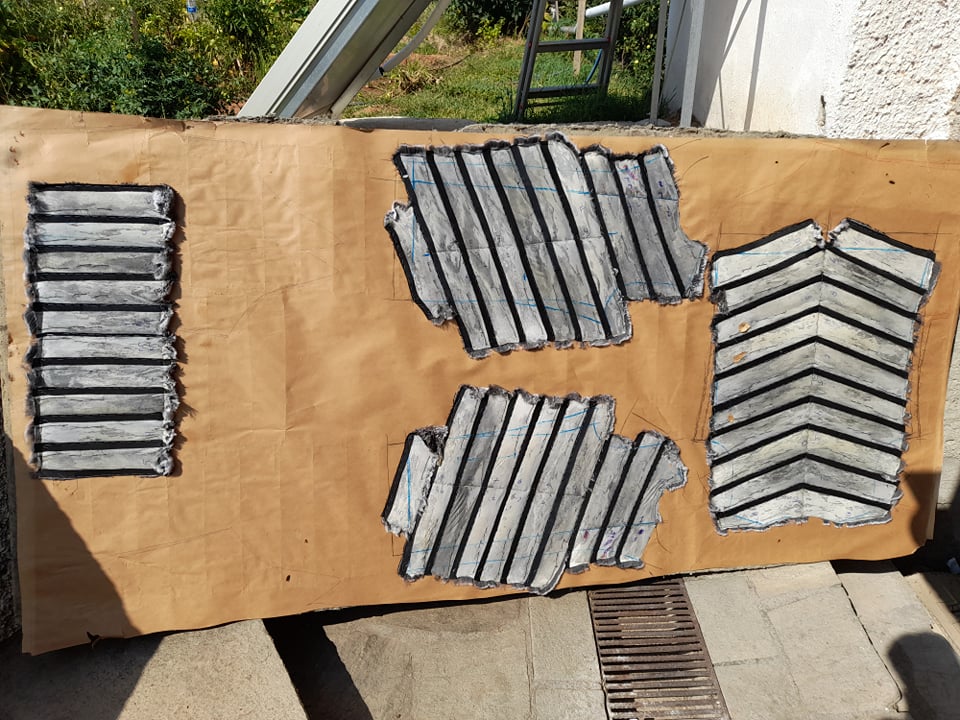
The chinchilla fur pieces are layered with the skin facing the furrier and the pattern pieces are layered on them so that they can be cut with precision to the paper pattern lines.
Chinchilla skins are delicate. A thin but durable adhesive fabric is applied in order to reinforce them and prevent tears . The various pieces such as the collar , sleeves, back and front are ready to be sewn together. The assembled coat is inspected for tears and imperfections and when quality standards are met it is handed to the seamstress.
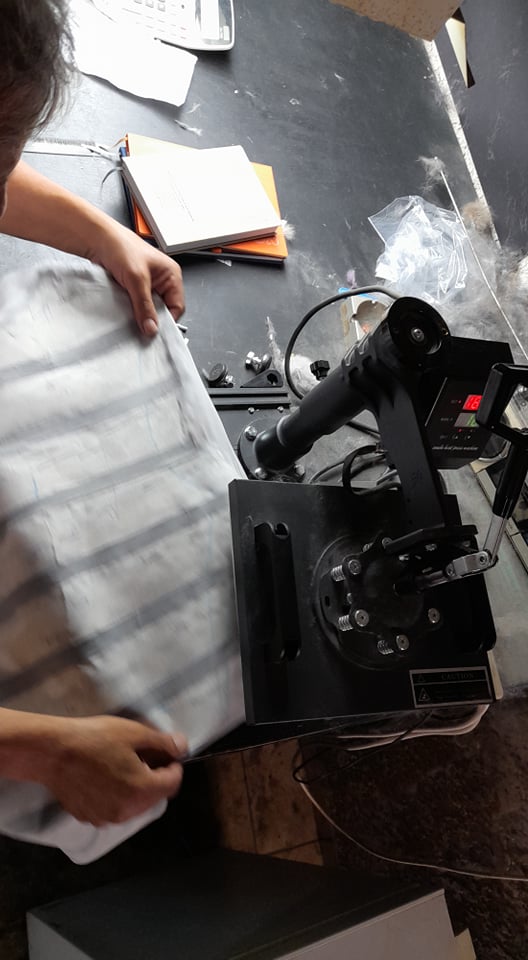

An experienced seamstress will add wool interfaceto the open edges which enhances shape definition. The seamstress will add pockets , hooks and loops, buttons and drawstrings depending on the design requirements.
The chinchilla coat undergoes a finishing stage which involves steaming and glazing. This removes excess fur and restores hair volume. After a final inspection is done the product is available for sale.
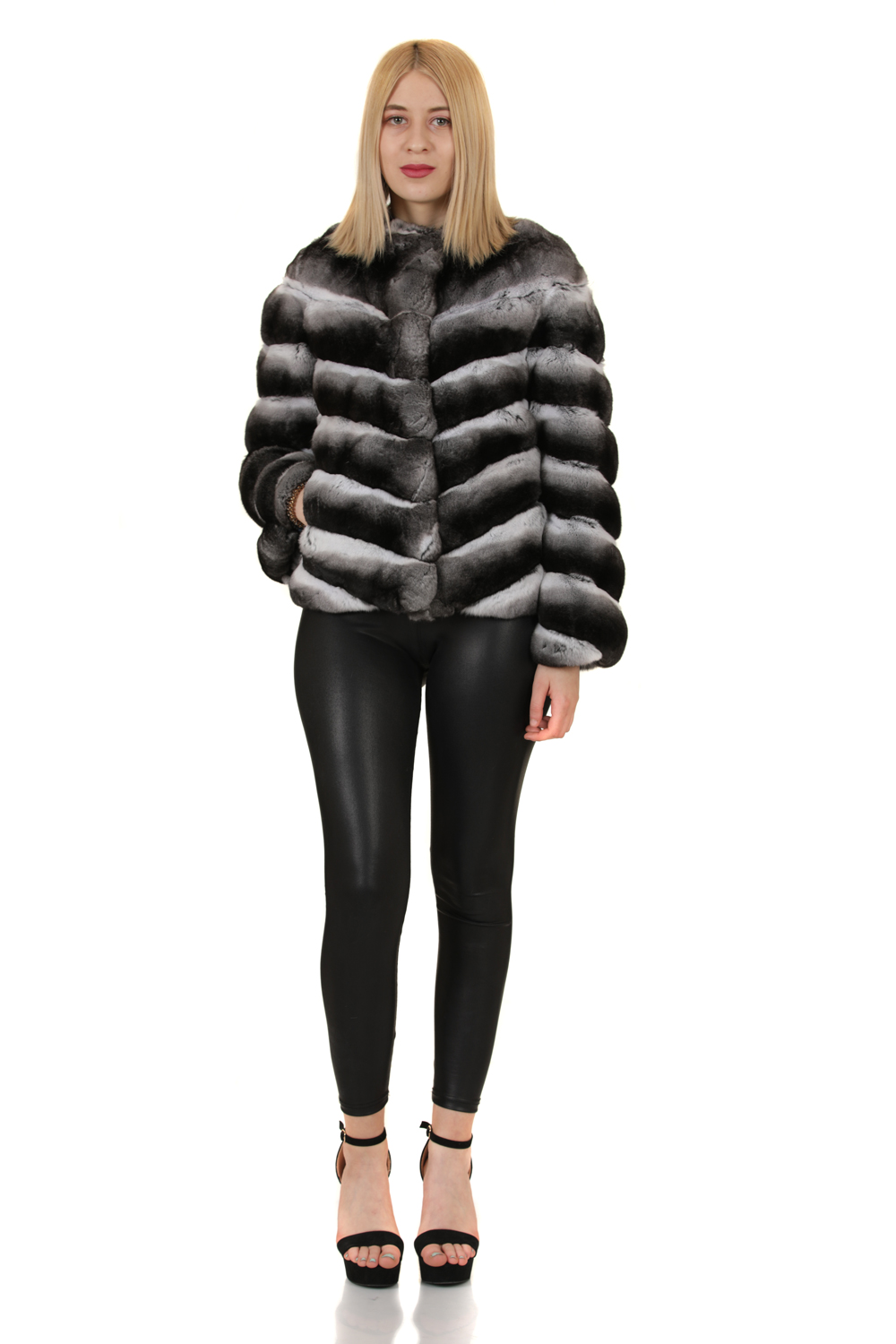
-
 4
4


